Our expert team is here to ensure that your business can correctly report under the more inclusive, broader open scope rules. As interpretations of product inclusion within Open Scope can be confusing, we will guide you through the requirements and help you with your scoping decisions, saving you time and effort in the process.
You can find out about the key changes that have now taken place. If you need help to make it easier to report under open scope, simply contact us today.
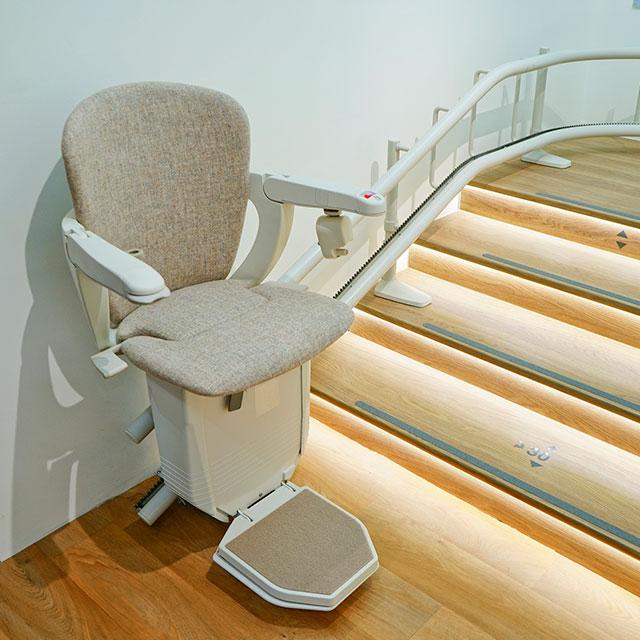
Previously if a product did not fit within any of the 14 categories, producers were able to exclude it from the scope of the WEEE regulations, and it did not need to be reported.
From 1st January 2019 all EEE products must be reported into the 14 categories.
The full definition of EEE (electrical and electronic equipment) will not be changing with the Open Scope implementation. However, the Environment Agency have given clarification to how this is to be interpreted in the UK. Moving forward, Producers are responsible for carefully considering whether their product could be in scope, even if the product has multiple non-electrical functions.
For example, any products that cannot work properly when the electricity is turned off will be in scope. This impacts products that have several features and need to be considered on a case by case basis depending on how the product would work without electricity.
For example, clothing with electrical features, such as novelty Christmas jumpers, will remain out of scope, whereas sportswear with integrated heart rate monitors will be deemed to be in scope. This also applies to furniture and other items.

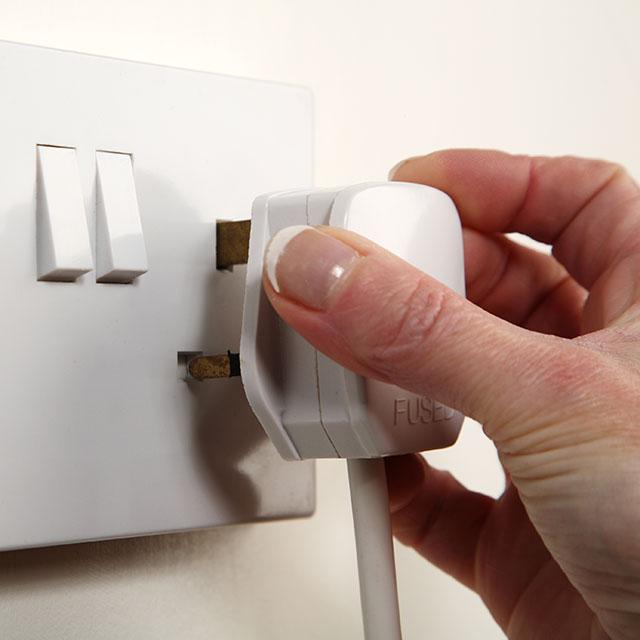
Wiring accessories such as sockets and switches that do not have additional functionality (i.e. neons or charging connections) have previously been considered out of scope.
These products are now in scope and should be reported under Category 2 (Small Household Equipment).
Prior to 2019 there were two exclusions for equipment that is part of an installation – Large Scale Fixed Installation and Fixed Installation.
The Fixed Installation (FI) exclusion category covered other installations, that were a combination of several pieces of equipment, systems, products and/or components (or parts) assembled and/or erected by a professional assembler or installer, at a given place to operate together in an expected environment and to perform a specific task and not intended to be placed on the market as a single functional or commercial unit.
The Fixed Installation exclusion is now no longer valid and products that previously fell under this exclusion are in-scope.
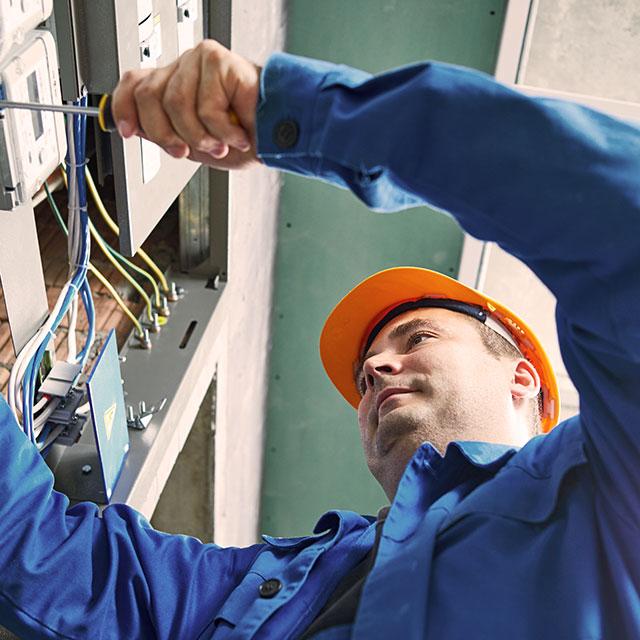
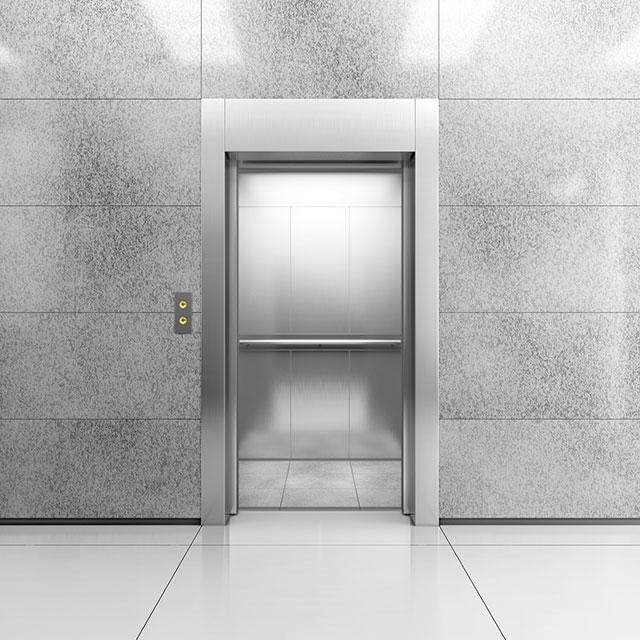
The Large Scale Fixed Installation exclusion can only be applied if the installation meets the criteria for “large size” as given on page 12 of the Restriction of Hazardous Substances (RoHS) FAQs document.
The Environment Agency have also clarified that the rest of the information given in the RoHS FAQ document is not applicable, only the specific criteria for whether a product is large scale.
Therefore examples of installations that the RoHS FAQ document references, such as air conditioning systems, could be in scope of the WEEE regulations even if the products do not meet the definition of large size.
Please note that if the large scale installation includes equipment that is not specifically designed for it, is not integral to the installation and can still operate according to its basic function in its own right, then it is an EEE product.
This would include display screens and photovoltaic (PV) panels, for example.
Previously all household luminaires and decorative lighting were out of scope.
Now all household luminaires and lighting equipmentare in-scope, and reportable under the Category 5.
The new guidance gives examples of lighting equipment that will now be considered to be in scope.
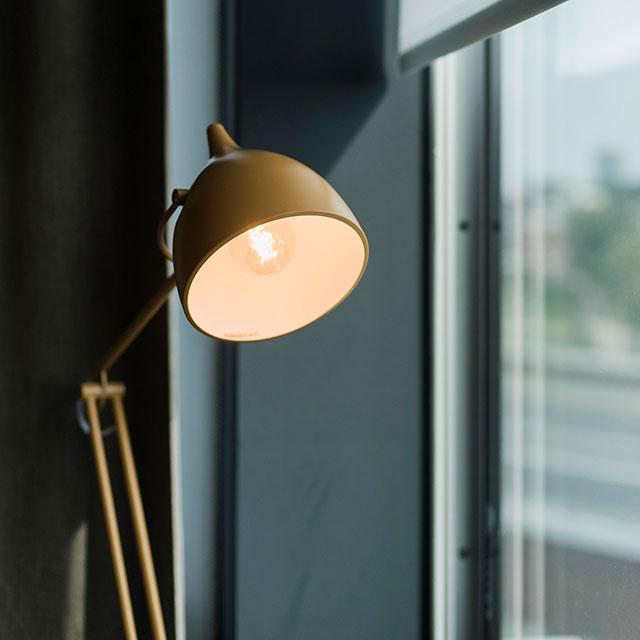
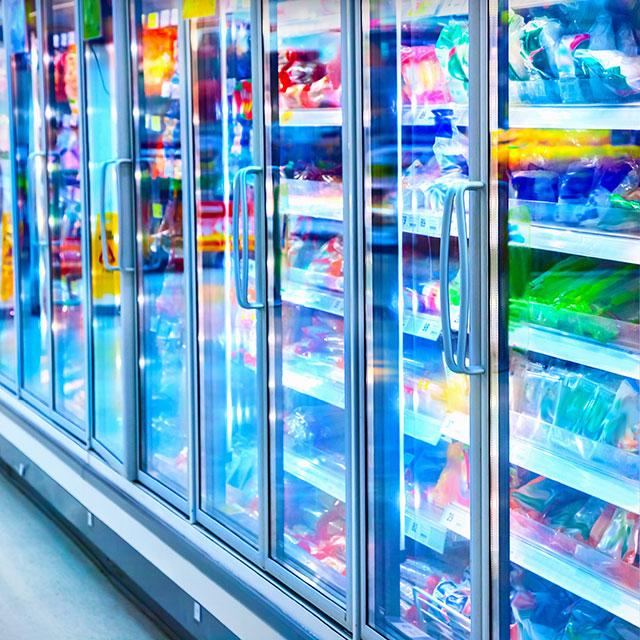
Non-electrical accessories that are placed on the market with an electrical product no longer need to be reported as EEE. For example, plastic jugs provided with ironing equipment.
The full definition of non-electrical accessories can be referenced here in Article 2(a) of the WEEE Directive.
Accessories that are integral to the functioning of the EEE product must be included when the item is reported however. For example, fridge shelves and television stands that are required by the product to work.
The Open Scope changes are effective from the 2019 compliance period onwards. Don’t get caught out.
We strongly advise you to review the new Environment Agency guidance for advice on reporting categories for newly in-scope products, download the guidance document here.
If you were previously not reporting electrical items that you placed on the market, review your reasoning for why you were out-scoping them. You may find that these products fall into scope of the updated WEEE regulations and your business now has obligations on them.
If they have come into scope, you will need to consider marking them with the crossed out wheelie bin symbol, how your business will scope and report them in your data submissions and if classed as B2B, how your business will provide take back on them.
B2C category products meanwhile will increase your obligation for B2C evidence and if you are selling directly to end users, you will also pick up distributor obligations.


It is important to understand that when reporting your final 2018 data in January 2019, you must work to the old guidance.
If you report B2C products on a quarterly basis, the new guidance will apply from your Q1 submission in April 2019. If you report B2B products annually, the new guidance will apply to your data submission in January 2020.
B2B Compliance can offer support with any re-scoping that you may need to do, so please get in touch with your account manager to discuss.